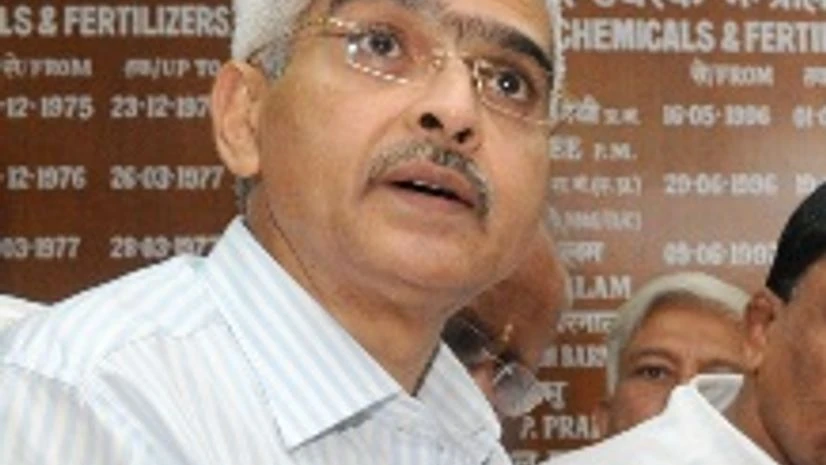Revenue Secretary Shaktikanta Das speaks on the Budget’s tax targets, the Goods and Services Tax standoff and other issues, in an interview with Vrishti Beniwal. Edited excerpts:
The first three months of this year have seen huge tax refunds. Did you take that into account while setting tax targets?
If you see the past few years, refunds in April-May are always every high. Over a medium-term or long-term period, it adjusts itself. Earlier, the whole process was manual; it would get spread over 12 months but now the entire process is automated. It is because of technological intervention that major refunds take place in April and May.
More From This Section
It was widely expected that in this Budget, the government would address the issue of retrospective taxation, which affected companies like Vodafone. What stopped you from doing so?
Public policy cannot be decided with reference to the problem or litigation which affects three or four companies. The issue on the table was to revive the investor sentiment and the finance minister in his Budget speech has tried to convey a message which puts the government position with a lot of clarity. He has also said that certain cases are going on in the courts and let them reach their logical conclusion. He has set up this mechanism of a high-level committee. So, the message to the investor community is that the government has no intention of going on bringing about retrospective legislation and to create uncertainty. Taxation policy will be stable and predictable.
How will the minister resolve the issue of a Goods & Services Tax without making provision for Central Sales Tax compensation in the Budget?
When he met state finance ministers in the first week of this month, he said very clearly that CST compensation (of about Rs 30,000 crore) is a commitment and would be paid over three years. During the course of the year, we will find the resources to make this payment. There are broadly two-three areas of divergence. One is inclusion of entry tax, liquor and petroleum in GST and the other is compensation mechanism. Based on the discussion the FM has had with states, there is reasonable confidence that we will be able to resolve these issues during the current year and also have the legislation done. On the actual date of introduction, it’s an administrative matter and states would have to be fully on board.
These issues are there for long. How would the current FM handle the issue differently from his predecessors?
There has to be a give and take from both sides to come to a meeting point.
Why didn’t you make another step towards GST by unifying tax rates in this Budget?
Once it (GST) is agreed, we can do a realignment of rates.
With regard to the Direct Taxes Code (DTC), what exactly does the finance ministry want to examine — whether a new law should replace the Income Tax Act or whether the DTC should be accepted in any other form?
The government is yet to take a view. There are broadly two streams of opinion we are receiving from stakeholders. One is that Parliament's standing committee has given its recommendations and there are comments from people, which we will examine. Another stream of opinion says DTC in its current form is not good enough and you need to make substantial changes. The government will make a comprehensive review of the matter and then take a decision.

)
